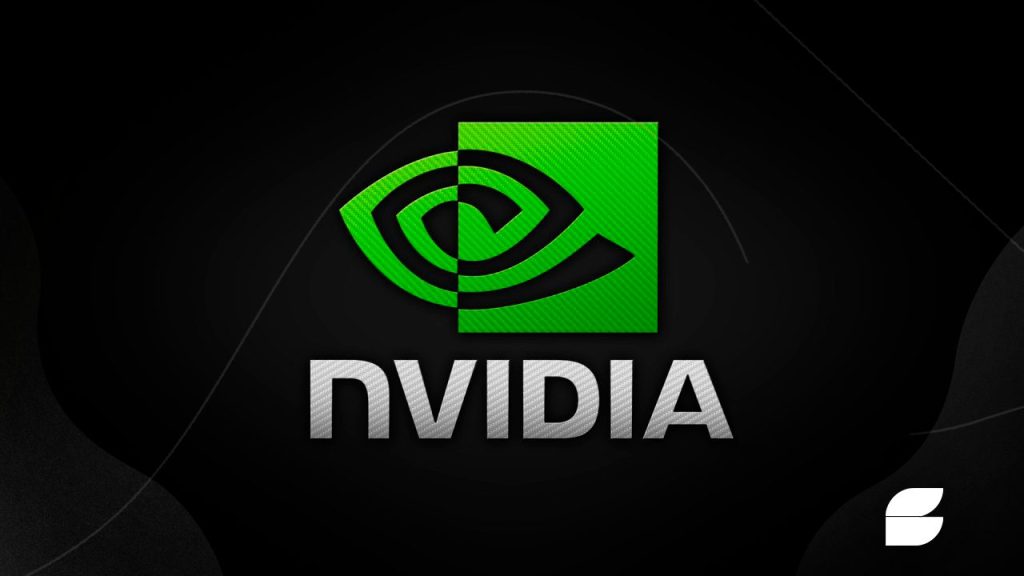Artificial intelligence (AI) has been at the center of technological innovation, driving transformation across industries. From healthcare to finance, AI is unlocking unprecedented efficiencies, enabling breakthroughs, and creating new opportunities for growth. As we step into November 2024, the AI market shows no signs of slowing down. In fact, it is projected to exceed $500 billion by the end of the year, solidifying its status as one of the fastest-growing sectors in tech. For investors, this presents a compelling opportunity. Identifying the best-performing AI stocks is essential for capitalizing on the sector’s momentum.
The AI Landscape: A Brief Overview
Before exploring specific stocks, it’s crucial to understand the broader landscape. AI encompasses machine learning, natural language processing (NLP), computer vision, robotics, and more. Major players in AI include established tech giants like Microsoft and Nvidia, but emerging companies specializing in niche AI applications are also gaining traction. The demand for AI solutions is driven by organizations seeking to improve decision-making, automate tasks, and enhance customer experiences.
Several factors contribute to the recent surge in AI investment:
- Generative AI boom: Technologies like ChatGPT and MidJourney have popularized AI for everyday users, boosting adoption rates.
- Advances in hardware: AI-specific processors and GPUs have made large-scale AI computations more efficient.
- Regulatory support: Governments worldwide are increasing funding for AI research and development.
These factors create an environment ripe for investment in AI-related stocks.
Top AI Stocks for November 2024
Nvidia Corporation (NVDA)

Nvidia has cemented its reputation as a leader in AI hardware, particularly with its advanced GPUs that power machine learning and AI-driven applications. In Q3 2024, Nvidia reported record revenue of $18 billion, driven largely by its AI-focused chips, such as the H100 Tensor Core GPUs. The company continues to dominate the AI infrastructure market, making it an excellent choice for investors seeking exposure to AI hardware.
Why it stands out:
- Strategic partnerships with leading AI companies.
- Dominance in the AI chip market, accounting for 85% of global AI GPU sales.
- Continuous innovation in AI software development kits (SDKs) like CUDA and TensorRT.
Microsoft Corporation (MSFT)
As one of the tech giants leading AI innovation, Microsoft has integrated AI into its core products, including Microsoft 365, Azure, and its AI-powered Bing search engine. The company’s investment in OpenAI continues to pay dividends, driving new capabilities in generative AI and boosting user adoption. Microsoft’s cloud platform, Azure, remains a key driver of its AI revenue, offering a comprehensive suite of tools for AI developers.
Why it stands out:
- Close collaboration with OpenAI, ensuring leadership in generative AI.
- Expanding enterprise AI solutions across multiple industries.
- Consistently strong financial performance, supported by diversified AI initiatives.
Alphabet Inc. (GOOGL)
Alphabet, the parent company of Google, leverages AI across its products and services, from Google Search to autonomous driving with Waymo. The company recently launched Gemini, its competitor to OpenAI’s GPT models, further diversifying its AI portfolio. Google Cloud has also gained market share due to its robust AI and machine learning tools, making it a strong contender for long-term growth.
Why it stands out:
- Leadership in AI research and breakthroughs such as DeepMind’s AlphaFold.
- Strategic focus on generative AI with Gemini.
- Expansion of Google Cloud’s AI offerings to compete with Microsoft Azure and AWS.
Palantir Technologies (PLTR)
Palantir specializes in big data analytics and AI solutions tailored to government and enterprise clients. Its Foundry and Gotham platforms have become indispensable tools for decision-making in sectors such as defense, healthcare, and finance. Palantir has also ventured into AI-assisted data analysis, positioning itself as a critical player in mission-driven AI applications.
Why it stands out:
- Strong government contracts, ensuring stability and growth.
- Increased adoption of AI platforms in the private sector.
- Focus on ethical and explainable AI, appealing to ESG-conscious investors.
C3.ai (AI)

C3.ai focuses on enterprise AI applications, offering solutions for predictive maintenance, fraud detection, and customer analytics. Despite being a smaller player compared to the tech giants, C3.ai’s niche focus and scalable platform make it a compelling choice for investors seeking high-growth potential. The company’s aggressive push into generative AI solutions for enterprises has driven a 40% increase in its customer base year-over-year.
Why it stands out:
- Rapid innovation in generative AI tools tailored to businesses.
- Strategic partnerships with cloud providers like AWS and Google Cloud.
- Strong financial outlook, with revenue expected to grow 25% in FY2024.
What to Watch for in the Coming Months
While these companies have shown strong performance, the AI market is not without risks. Investors should monitor:
- Regulatory developments: Potential new AI laws and policies that could impact growth.
- Competition: The race for AI dominance is intense, with new startups and tech leaders entering the field regularly.
- Economic factors: Rising interest rates and inflation can affect tech stocks, including AI-focused ones.
Conclusion
November 2024 presents a golden opportunity for investors to tap into the booming AI sector. Nvidia, Microsoft, Alphabet, Palantir, and C3.ai have emerged as strong contenders, each bringing unique strengths to the table. From hardware innovation to generative AI dominance and enterprise-focused solutions, these companies exemplify the diverse potential of AI-driven growth.
As always, investing in AI stocks requires a balanced approach—considering both the potential rewards and inherent risks. With careful analysis and a long-term perspective, investors can position themselves to benefit from the AI revolution, which is reshaping the future of technology and business.
P



 Revvi Visa: Tarjeta para Recuperar Crédito con Aceptación Global <p class='sec-title' style=' font-weight: normal; line-height: 1.9rem !important; font-size: 17px !important;'> Inclusión financiera para consumidores con crédito limitado, aceptación Visa, tarifas más altas y gestión digital </p>
Revvi Visa: Tarjeta para Recuperar Crédito con Aceptación Global <p class='sec-title' style=' font-weight: normal; line-height: 1.9rem !important; font-size: 17px !important;'> Inclusión financiera para consumidores con crédito limitado, aceptación Visa, tarifas más altas y gestión digital </p>  Credit Card Revvi Visa — Visión general, aceptación y características principales <p class='sec-title' style=' font-weight: normal; line-height: 1.9rem !important; font-size: 17px !important;'> Tarjeta accesible para la reconstrucción del crédito, amplia aceptación Visa, funcionalidades digitales y control financiero básico. </p>
Credit Card Revvi Visa — Visión general, aceptación y características principales <p class='sec-title' style=' font-weight: normal; line-height: 1.9rem !important; font-size: 17px !important;'> Tarjeta accesible para la reconstrucción del crédito, amplia aceptación Visa, funcionalidades digitales y control financiero básico. </p>  Discover Card: <p class='sec-title' style=' font-weight: normal; line-height: 1.9rem !important; font-size: 17px !important;'> Discover Card: </p>
Discover Card: <p class='sec-title' style=' font-weight: normal; line-height: 1.9rem !important; font-size: 17px !important;'> Discover Card: </p>